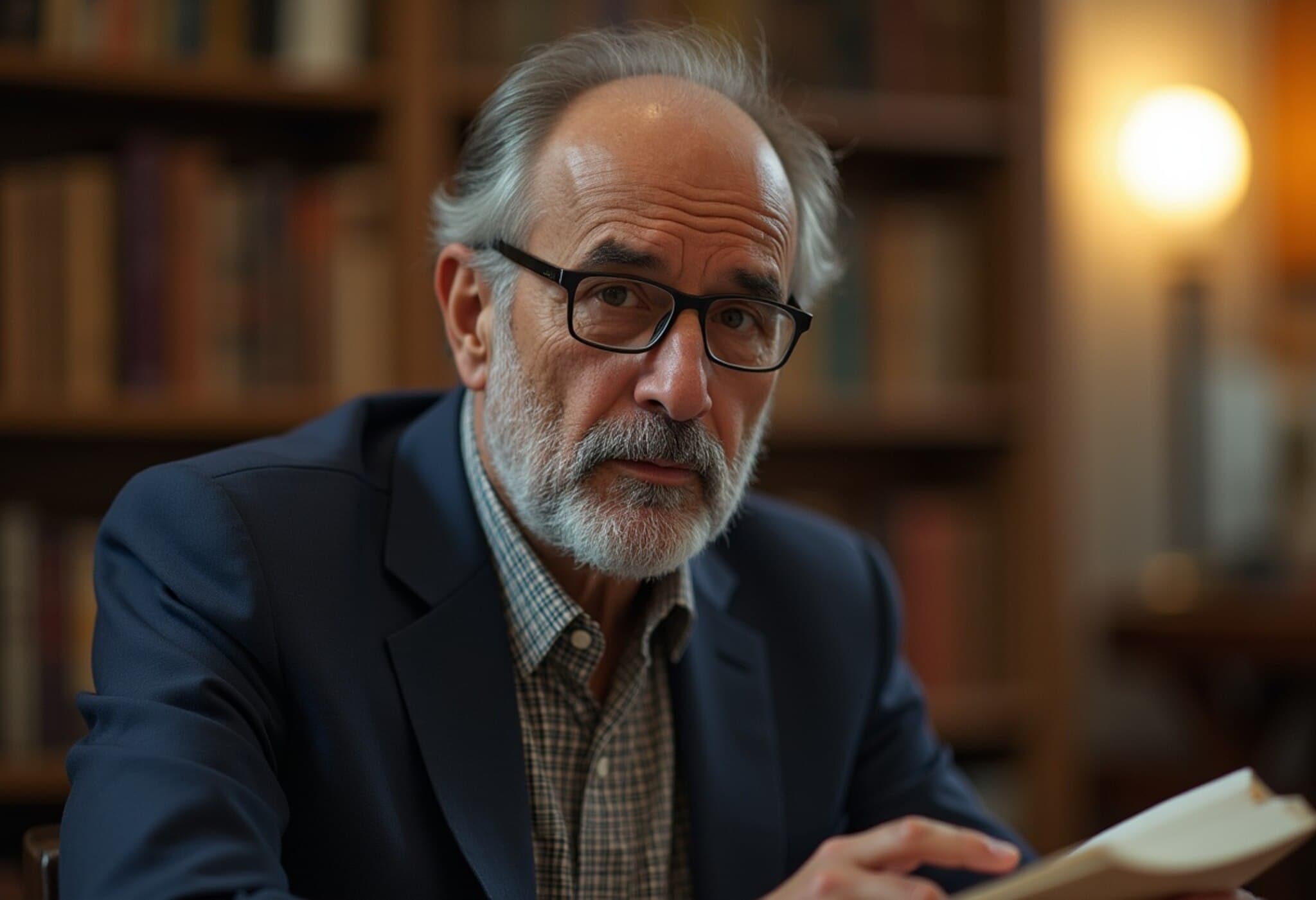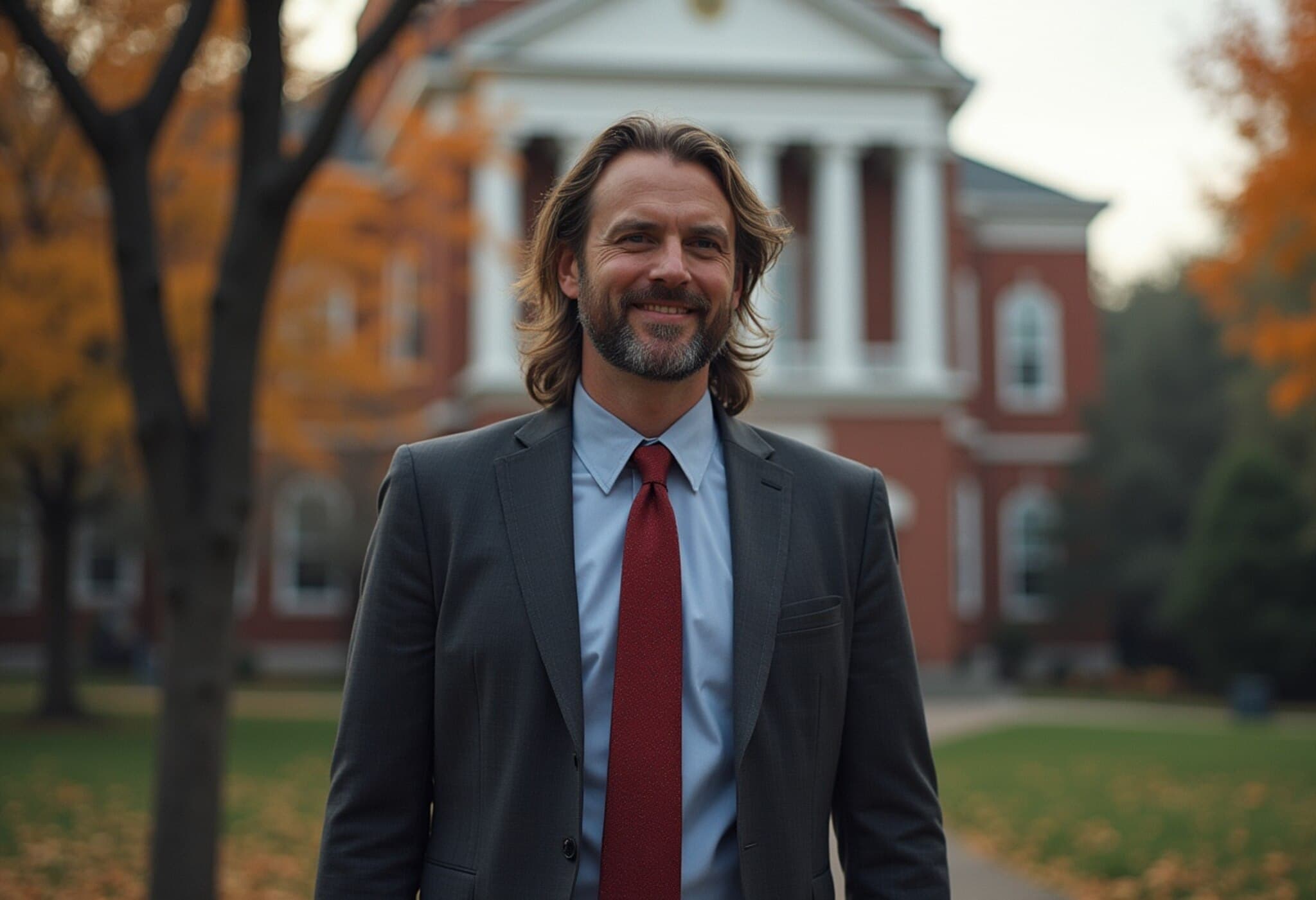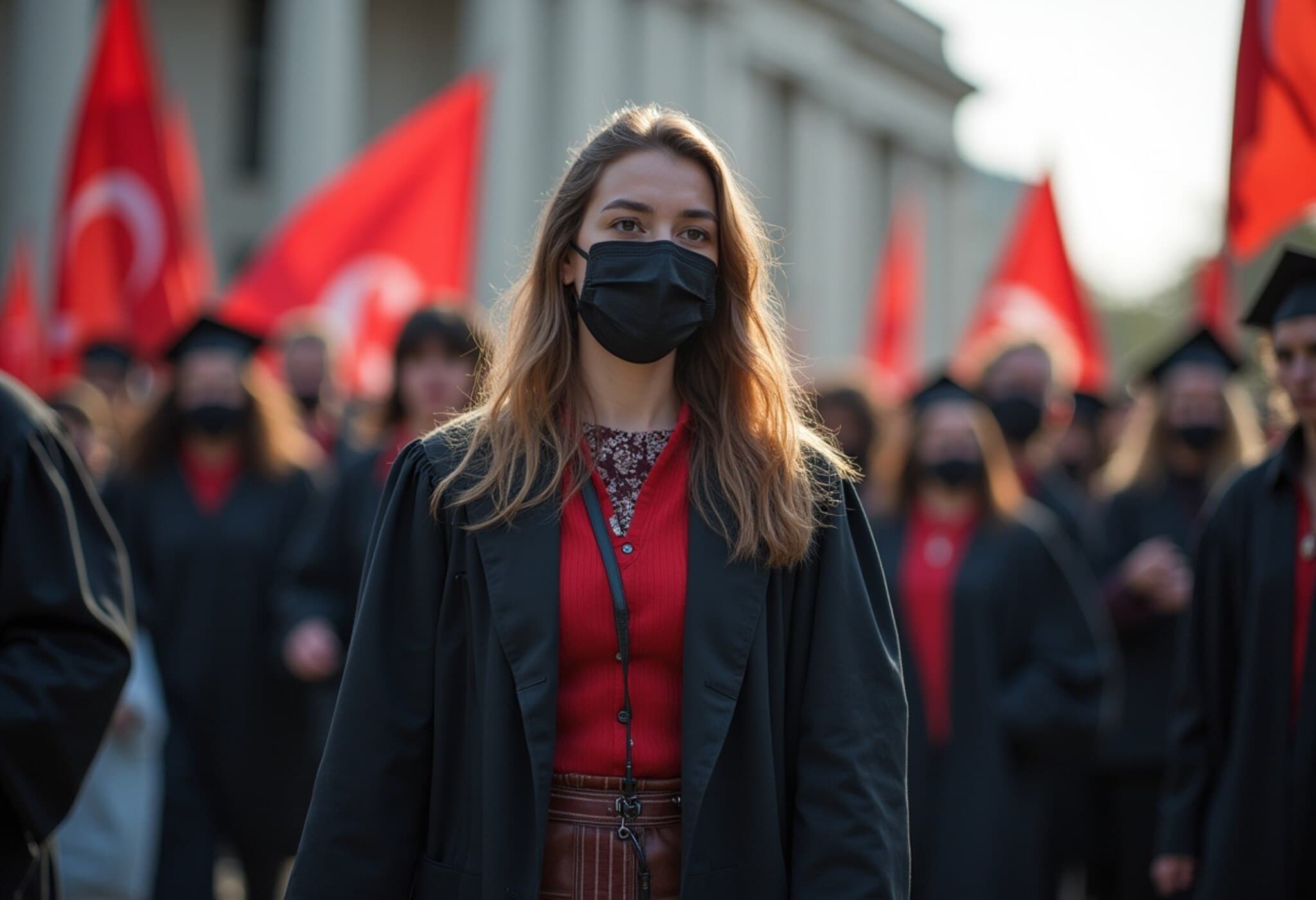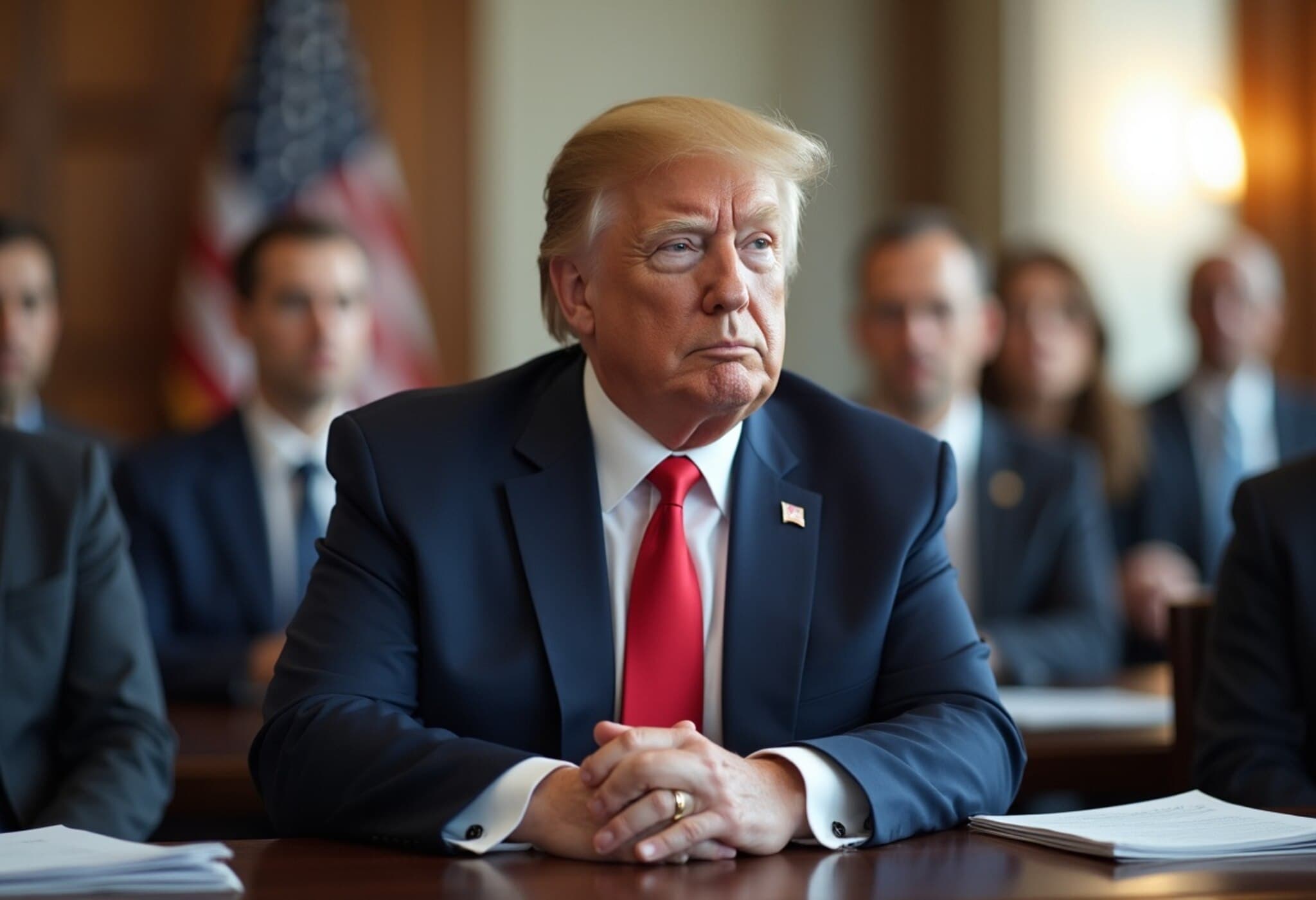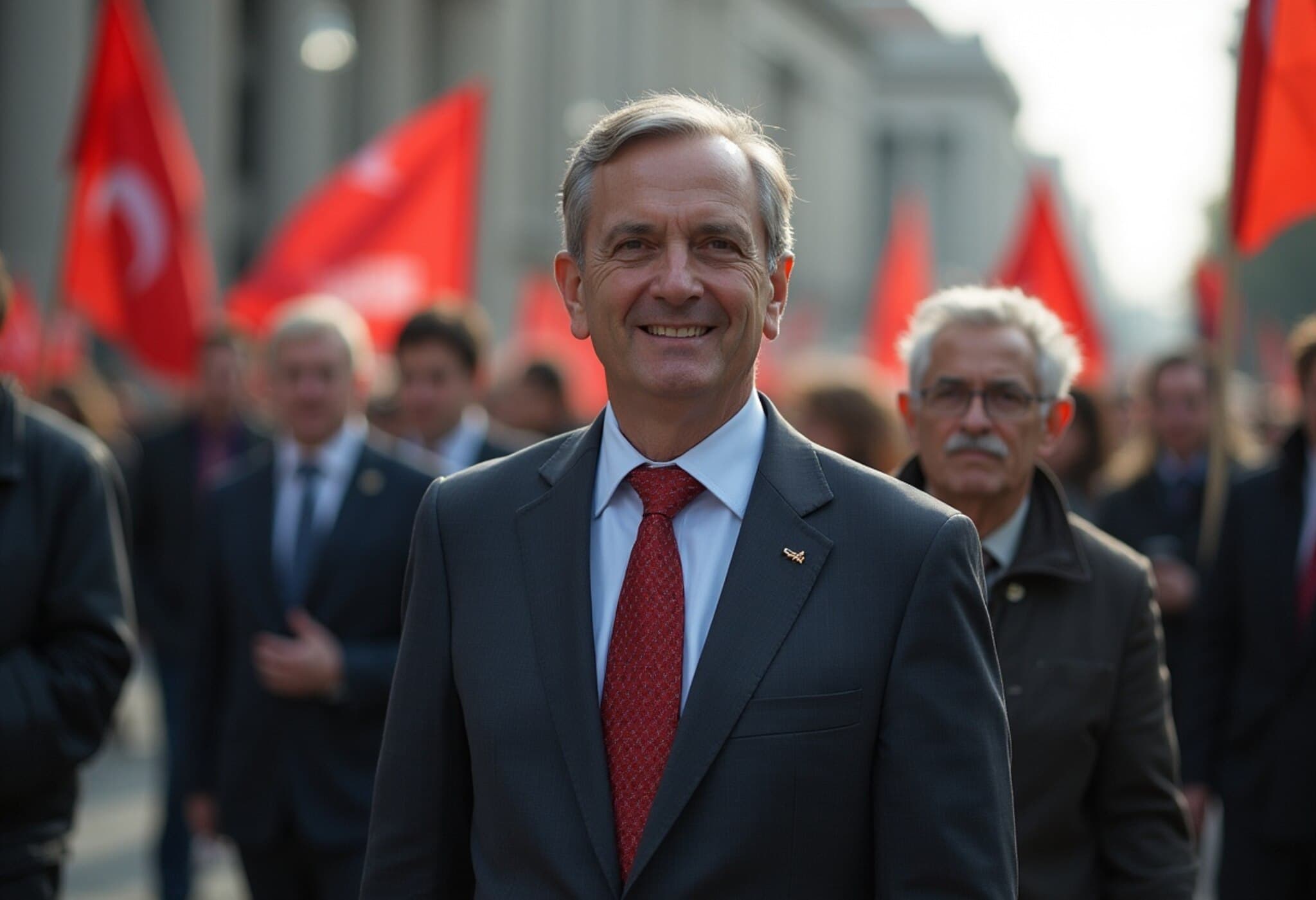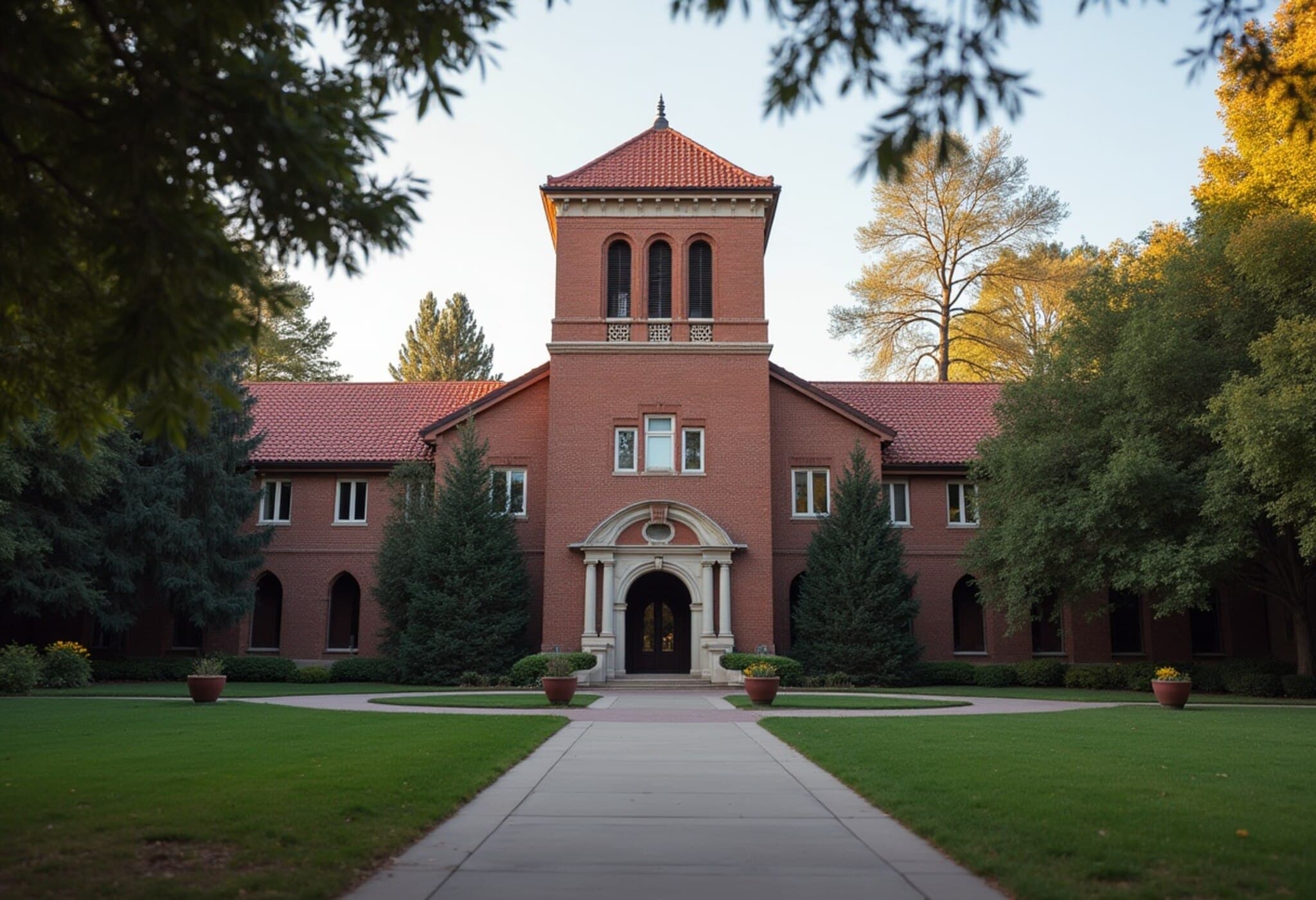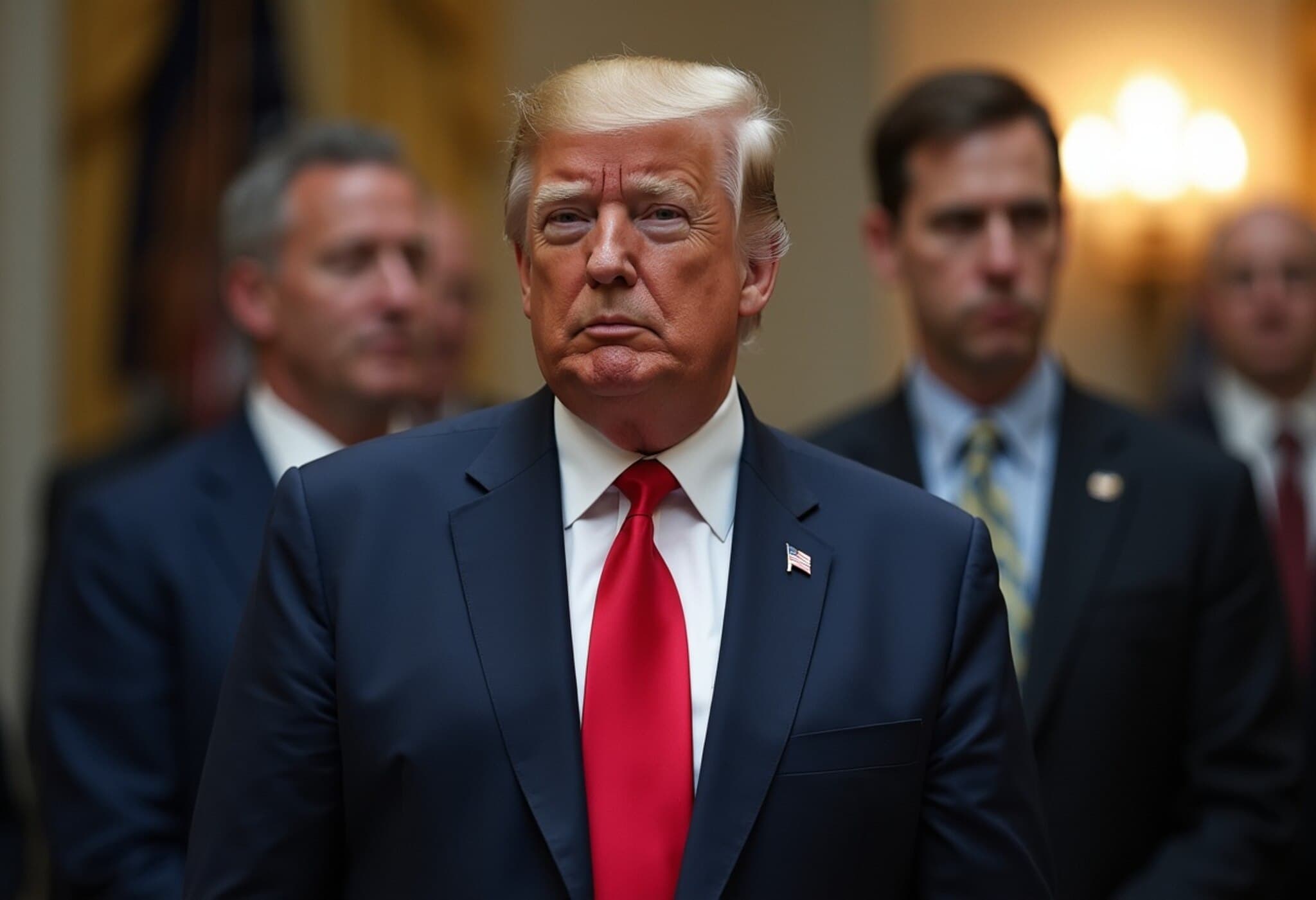Columbia University Reaches $220 Million Settlement with Trump Administration
In a landmark resolution to a turbulent clash over campus antisemitism, Columbia University has agreed to pay more than $220 million to the Trump administration. This agreement restores federal research funding that had been previously suspended amid allegations of insufficient action against antisemitic incidents following the Hamas attack on Israel in October 2023.
Background: A Dividing Line in Academia and Politics
Columbia, an Ivy League institution with a history spanning over 270 years, found itself at the center of escalating tensions between federal authorities and universities regarding their handling of antisemitism and politically charged student activism. The Trump administration’s crackdown targeted alleged harassment of Jewish students and perceived liberal biases on campuses, viewing such issues through a lens of national security and civil rights enforcement.
Key Elements of the Agreement
- Financial Terms: Columbia will pay $200 million over three years toward restoring its federal research funds, plus an additional $21 million to compensate Jewish employees reportedly facing civil rights violations post the October 2023 conflict.
- Administrative Reforms: The university has committed to revising its student disciplinary procedures, integrating a federally-endorsed definition of antisemitism into academic and disciplinary contexts, particularly regarding criticism of Israel.
- Curriculum and Programs: Columbia will review and adjust Middle East-related curricula to ensure balanced perspectives, reinforce its Institute for Israel and Jewish Studies, and discontinue programs that promote racial outcomes deemed unlawful.
- Student Monitoring: Measures include more thorough vetting of international students’ motives for studying in the U.S. and the sharing of relevant disciplinary information with federal authorities concerning visa holders.
Statements from Key Figures
Claire Shipman, Acting University President, framed the settlement as “an important step forward after sustained federal scrutiny,” emphasizing that the university maintains its independence despite complying with federal guidelines.
Donald Trump touted the deal as a victory on his Truth Social platform, asserting that Columbia would end diversity, equity, and inclusion (DEI) policies in favor of merit-based admissions and stronger protections for civil liberties.
Education Secretary Linda McMahon hailed the settlement as “a seismic shift” in holding taxpayer-funded institutions accountable for antisemitic discrimination and noted it could serve as a template for other elite universities.
Wider Implications and Context
This settlement marks a critical juncture in a broader federal strategy that has used funding leverage to enforce ideological and procedural changes at higher education institutions. Similar measures have affected other renowned universities including Harvard, Cornell, Northwestern, Brown, and Princeton, with billions in research grants frozen due to concerns over compliance and campus conduct.
Columbia’s reinstatement means its scientists and researchers can now access previously frozen grants, fostering renewed prospects for academic inquiry and innovation. However, it also sparks complex debates over academic freedom, the politicization of campuses, and how to balance civil rights protections with open intellectual discourse.
Underreported Dimensions and Critical Questions
- To what extent will Columbia’s new definitions of antisemitism affect freedom of speech, particularly criticism of Israeli policies?
- How might increased federal oversight impact international student enrollment and diversity on campuses?
- What precedents does this settlement set for other universities navigating politically sensitive campus activism?
- Could this deal signal a shift in how American institutions negotiate federal mandates amid polarized political climates?
Editor’s Note
The Columbia-Trump settlement exemplifies the growing influence of federal funding as a tool to enforce social and ideological conformity within higher education. While the restoration of funds will benefit scientific and academic pursuits, the accompanying administrative constraints raise compelling questions about university autonomy, civil liberties, and the evolving role of campuses as arenas of political contestation. Observers and stakeholders should watch closely how these reforms shape campus culture and policy nationwide.
About the Author
At TOI World Desk, our seasoned journalists and expert writers deliver nuanced coverage of global events. We analyze complex issues with clarity and depth to keep readers informed and engaged in today’s interconnected world.



